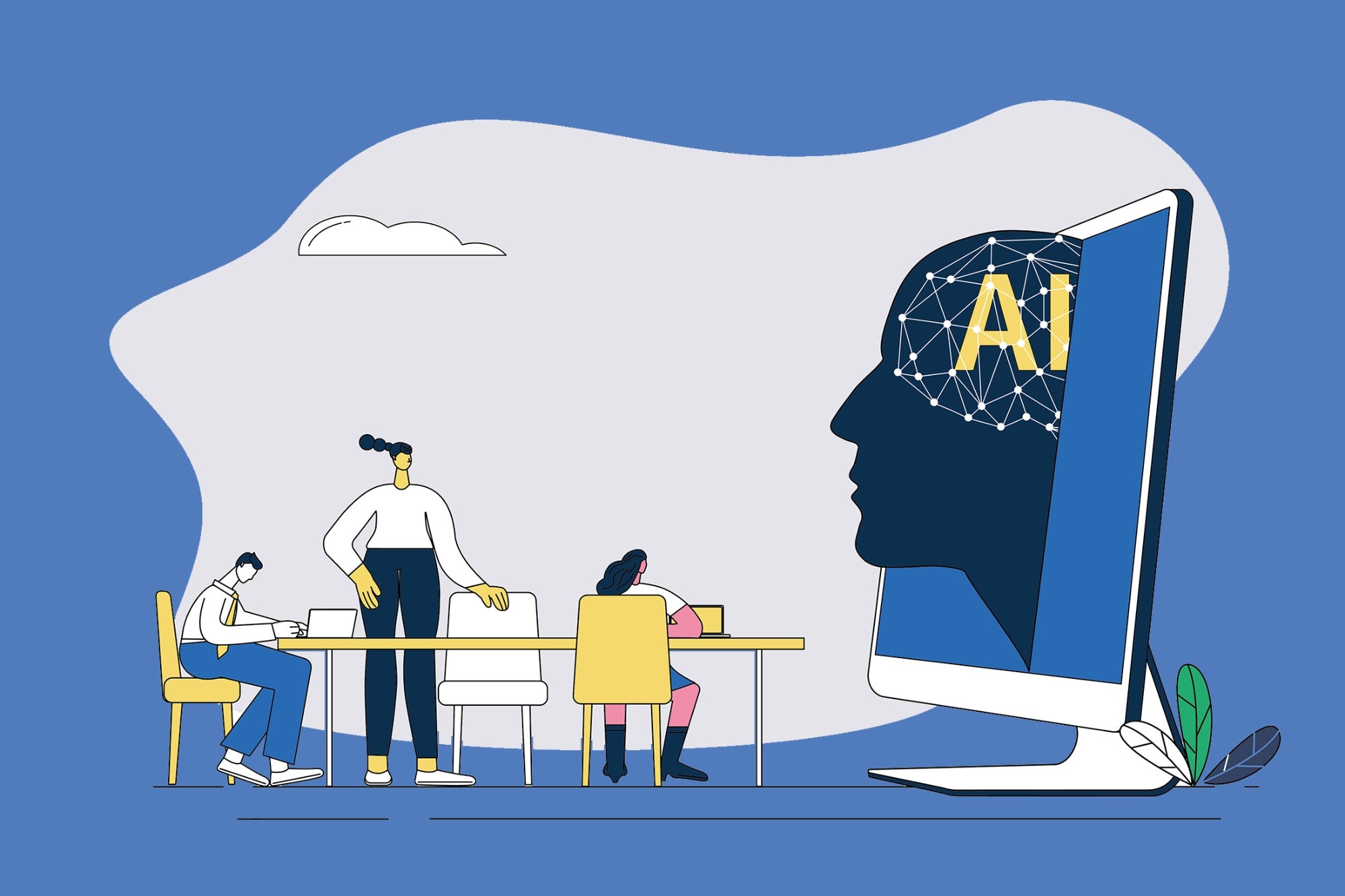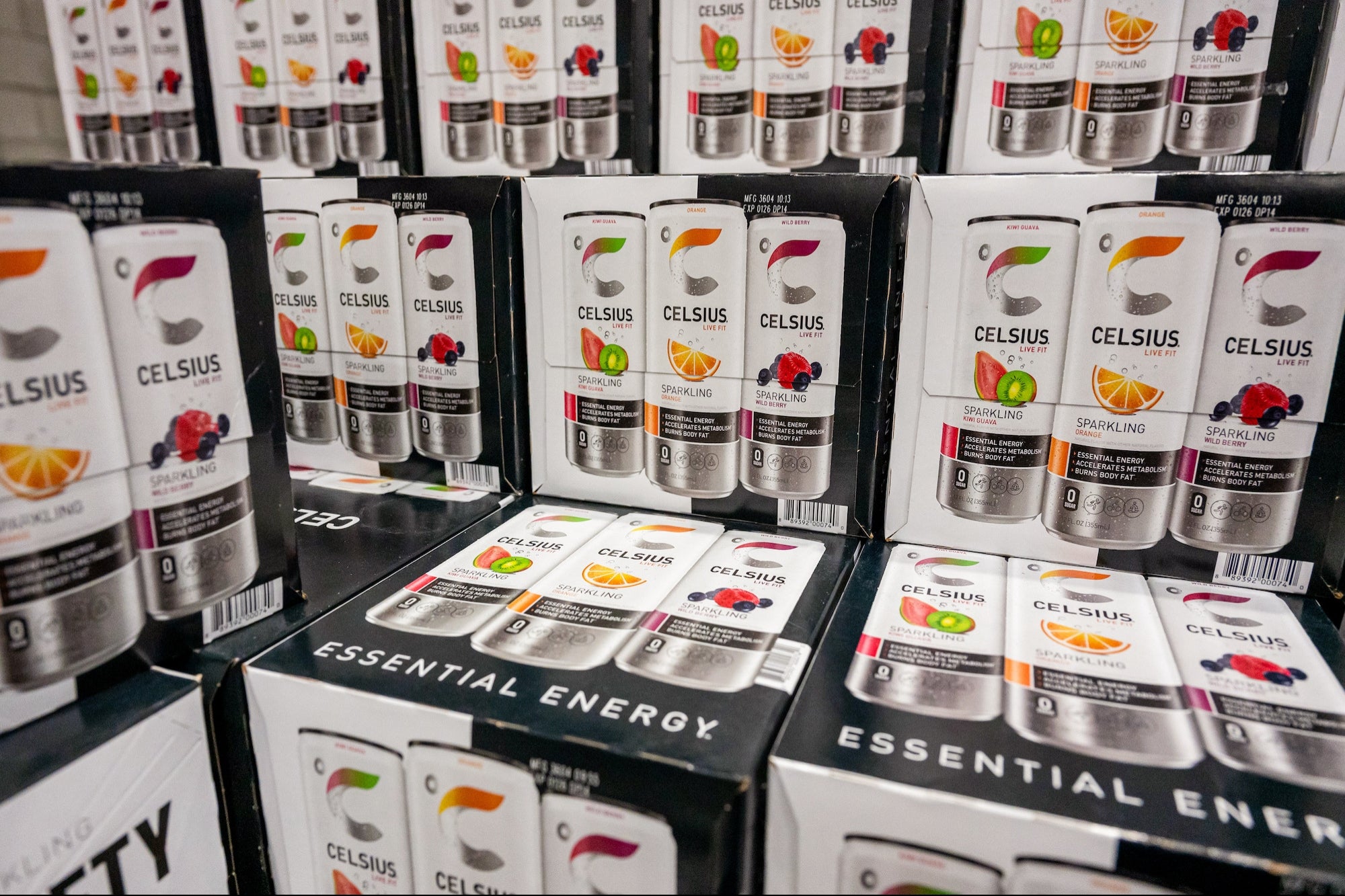Microsoft Claims Its AI Is Better Than Doctors at Diagnosing Patients, But 'You Definitely Still Need Your Physician' Microsoft AI CEO Mustafa Suleyman says that the AI tool is one step closer to providing high-quality medical advice for Copilot and Bing users.
By Sherin Shibu Edited by Melissa Malamut
Key Takeaways
- In a new paper released on Monday, Microsoft debuted a new AI tool that outperformed human doctors in diagnosing health conditions.
- The AI tool correctly "solved" more than eight out of ten complex case studies, better than the average success rate of two out of 10 for human physicians.
- Microsoft is currently testing the AI tool in real clinical environments.
Microsoft says its new AI tool performs four times better than experienced human doctors at diagnosing complex health conditions — but the company's AI CEO says human physicians are still needed to help treat the illnesses.
In a paper released on Monday titled "The Path to Medical Superintelligence," Microsoft introduced an AI tool that correctly diagnosed complex cases up to 85% of the time and arrived at the diagnoses more cost-effectively than human physicians.
Related: 'No Longer Optional': Microsoft Staff Mandated to Use AI at Work, According to a New Report
The team used more than 300 complex case studies from the New England Journal of Medicine (NEJM) and had the AI tool imitate a panel of physicians to find the right diagnosis. The AI tool asked questions of the data, recommended what tests the hypothetical patient should get, and arrived at a diagnosis as it learned more information. As researchers added more data to the AI tool, it updated its best estimate of the diagnosis in real-time and explained the reasoning behind its conclusion.
Microsoft researchers said that the AI tool correctly "solved" more than eight out of 10 NEJM case studies — much better than the average success rate of two out of 10 for human physicians. The AI also ordered fewer hypothetical tests to arrive at the right diagnosis, making it more cost-effective than a human doctor.
Human doctors are usually characterized by breadth, like a general family physician, or depth, like a specialist. The team noted that the AI tool demonstrated "clinical reasoning abilities" that "exceed those of any individual physician" due to its ability to combine both breadth and depth of expertise.
The AI tool isn't ready for clinical use yet and will only be approved after safety testing and clinical validation. However, Microsoft AI CEO Mustafa Suleyman says it could help Microsoft provide "high-quality" health advice in response to the 50 million health-related queries it receives every day through its Copilot AI assistant and Bing search engine.
"Although this is just early research, we're hoping that as we get this into production, it will give everybody access to very high-quality health information," Suleyman told Yahoo! Finance on Monday.
 Microsoft AI CEO Mustafa Suleyman at a company event about Microsoft Copilot on April 4, 2025. Photo by Stephen Brashear/Getty Images
Microsoft AI CEO Mustafa Suleyman at a company event about Microsoft Copilot on April 4, 2025. Photo by Stephen Brashear/Getty Images
The AI tool examines existing medical information, synthesizes it, and gives it back to humans at the right time — but it still needs human doctors to hold it accountable, Suleyman said. Doctors are also required to plan and oversee treatment after a diagnosis.
"You definitely still need your physician," Suleyman told the outlet, adding that the AI tool will likely get rolled out "in partnership with physicians themselves."
Related: Microsoft AI CEO Says Almost All Content on the Internet Is Fair Game for AI Training
Microsoft is currently testing the AI tool in real clinical environments to see how it performs on the job before any broader rollout.
Microsoft is one of the most valuable companies in the world at the time of writing, second only to Nvidia, with a market cap of over $3.6 trillion.











